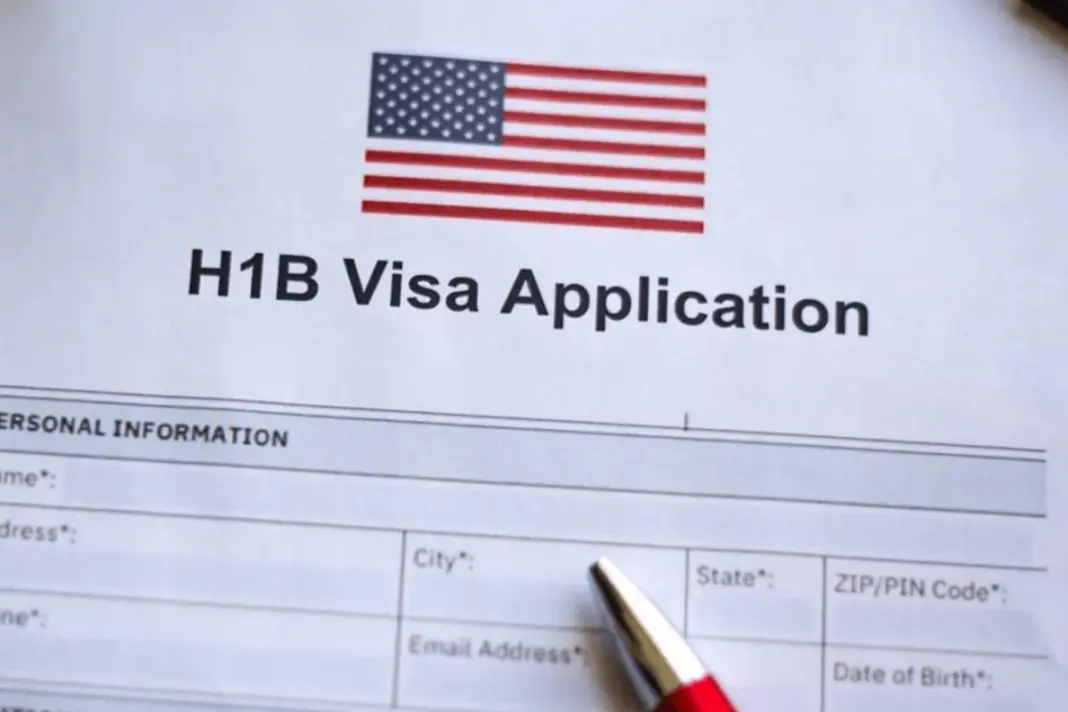In a major relief for thousands of families, the US Supreme Court has declined to review a case challenging the rule that allows H-4 visa holders—dependents of H-1B workers—to work in the United States. The decision means that spouses of high-skilled H-1B visa holders can continue their employment legally, ending years of uncertainty and fear of job loss.
DON'T MISS
US Supreme Court Upholds H-4 Work Rights
The lawsuit was filed by Save Jobs USA, a group representing American tech workers who claimed that allowing H-4 visa holders to work unfairly impacts domestic employment opportunities. They argued that the Department of Homeland Security (DHS) had overstepped its authority by issuing the rule without legislative backing. However, both a lower court and the D.C. Circuit Court had previously dismissed the petition, upholding the legality of the 2015 Obama-era rule.
This rule, introduced during Barack Obama’s administration, enabled certain H-4 dependents—mainly spouses of H-1B workers awaiting permanent residency—to obtain work authorization. The move was seen as a progressive step toward empowering immigrant families, especially women who were previously restricted from professional engagement despite their skills and qualifications.
Supreme Court’s refusal to reopen the case
With the Supreme Court’s refusal to reopen the case, nearly 258,000 H-4 dependents—over 25,000 in the past year alone—can now breathe a sigh of relief. Many of them are highly educated individuals who contribute significantly to sectors like technology, healthcare, and finance.
However, uncertainty still lingers amid Trump’s second term in office. His administration has already proposed higher fees for H-1B employers and hinted at reviewing the H-4 employment rule again. Immigration advocates fear this could reignite the legal and political battle that has stretched for almost a decade.
The ruling is seen as a victory not just for immigrant families but also for US industries that rely on skilled talent from abroad. For now, H-4 visa holders can continue their careers and livelihoods—offering much-needed stability after years of policy swings and legal challenges.



